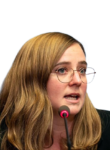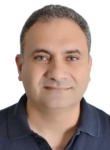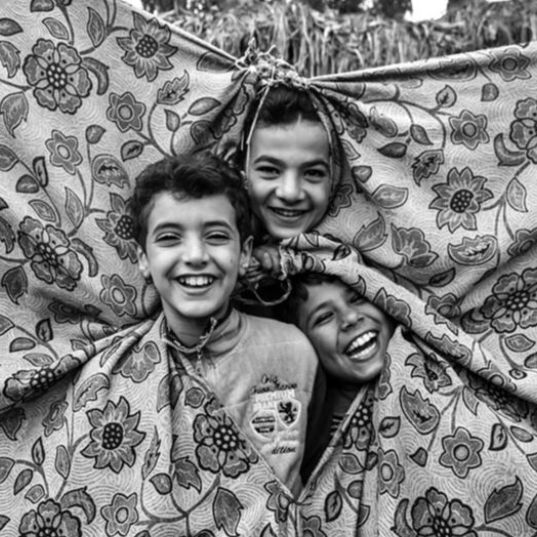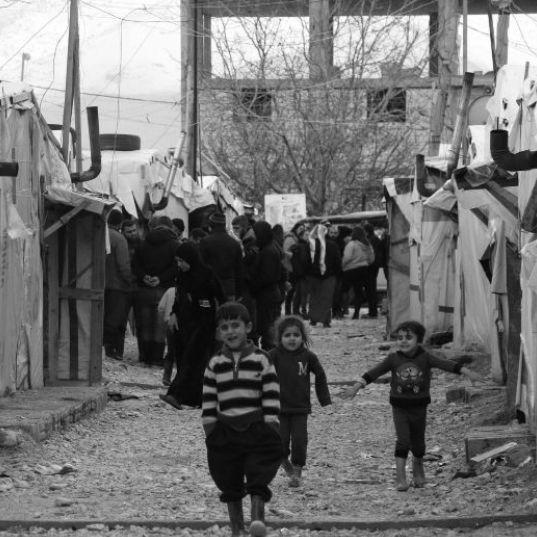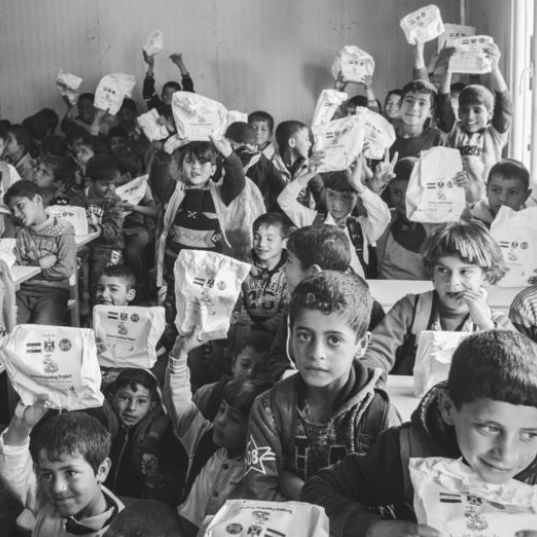In the heart of Iraq, a transformative initiative for empowering Yezidi women is unfolding. The Free Yezidi Foundation’s Holistic Care Centers (HCCs) provide a comprehensive, survivor-centered model of support for vulnerable individuals, particularly women and girls impacted by conflict, displacement, and violence.
The Holistic Care Centers offer a sanctuary where Yezidi women can access a wide array of essential services under one roof. These centers provide livelihood support, vocational training, legal aid, mental health support, protection, education, and promote awareness of sexual and reproductive health and rights (SRHR). This unique, integrated approach reduces the need for beneficiaries to navigate multiple institutions, minimizing delays and gaps in care and preventing retraumatization.
Why Holistic Care Centers Matter
Minority and vulnerable women, girls, and survivors in Iraq face multiple, intersecting challenges that require coordinated forms of support. Many existing aid systems in Iraq are fragmented, making it difficult for beneficiaries to access the complete range of care they need. By centralizing services in a single, safe space, FYF’s HCCs streamline access to critical resources and empower individuals to rebuild their lives with dignity and autonomy.
Proven Model
This approach is inspired by proven models, such as Panzi Hospital in the Democratic Republic of Congo, PRADET in East Timor, and Thuthuzela Care Centers in South Africa, which have demonstrated the effectiveness of holistic, survivor-centered care. Recognized by UN Women as a best practice, FYF’s HCCs aim to create sustainable change by providing a seamless network of services that foster resilience and independence.
Key Features of the HCCs
- Local Hiring: Staff are recruited from the communities they serve, fostering trust and creating sustainable livelihoods.
- Accessibility: Free transportation and childcare services are provided to reduce mobility barriers for women and girls, ensuring they can safely access services.
- Economic Empowerment: Small business incubators within the centers help women rebuild their lives by addressing local market needs and enabling economic independence.
We are calling on international donors, philanthropic organizations, individual philanthropists, and corporate funders to join this circle and help:
- Expand the project’s impact.
- Contribute to evidence-based discussions to help make HCCs more sustainable and effective, fostering resilience and empowerment for minority women, girls, and survivors in Iraq.
- Mobilize resources to bridge funding and partnership gaps.

